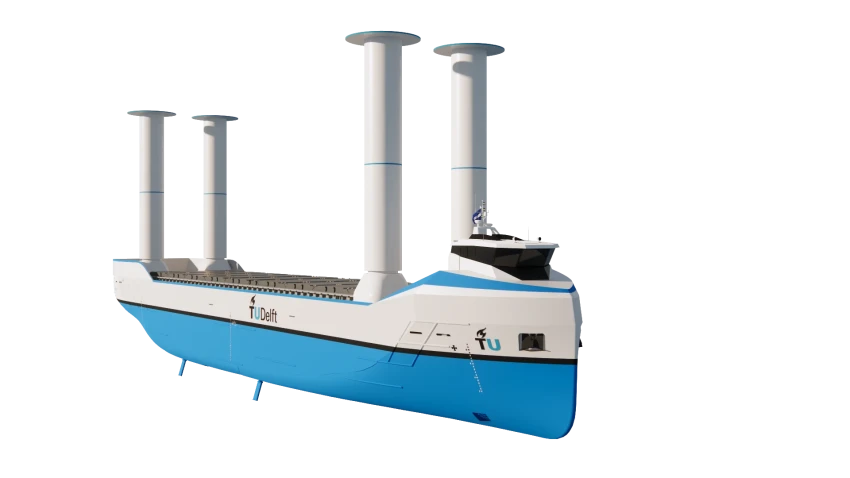
Wind Assisted Ship Propulsion
The sail can only excel when the ship is designed to sail
Wind-assisted ship propulsion (WASP) is an emerging and promising technology that can help meet the increasingly stringent emission regulations of the maritime sector. However, to achieve the ambitious decarbonization goals, the adoption of this green technology need to be accelerated. This means that key barriers, such as the lack of reliable performance predictions, clear regulatory frameworks, and viable business cases, must be overcome.
Currently, much research is focused on the performance of various sail systems installed on different vessel types. While these retrofit applications are essential to reduce the energy demand of the existing fleet, new WASP designs need to be developed to unlock the full potential of wind-assisted emission savings. Developing these high-performing wind-assisted ship designs goes beyond the installation of new sail systems—it requires rethinking in virtually every traditional shipbuilding discipline.
To address this challenge, a new multidisciplinary research program has recently been launched at Delft University of Technology. This initiative aims to improve the fidelity level of WASP performance predictions and explore the future of wind-assisted ship design. In this lecture, Albert Rijkens will explain how six research groups from two faculties are combining their expertise to research the future of high-performing wind-assisted ship propulsion.
Speaker: Dr. ir. Albert Rijkens, Program manager Wind Assisted Ship Propulsion, TU Delft
Program
| 18:00: ALV KIVI Martech for members |
| 18:30: Walk-in with sandwiches |
| 19:00: Lecture and drinks afterwards |
